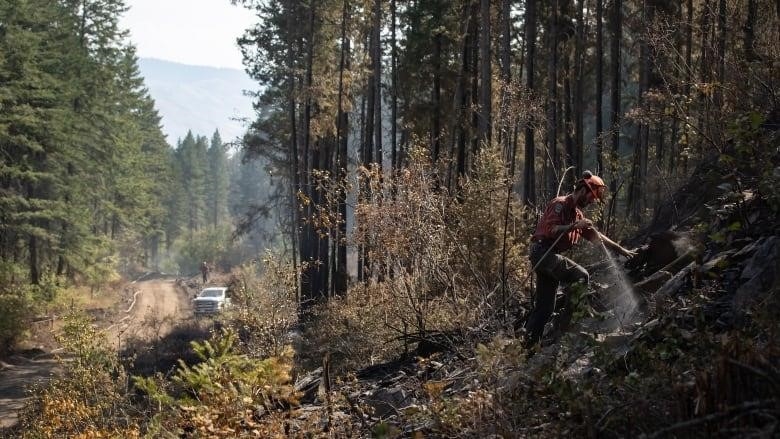
More complex fires and longer seasons have made the job harder in recent years
Fighting wildfires has always been hard on your body, but people in Canada are starting to pay more attention to how it affects your mind.
Professionals who work with wildland firefighters say that the job has gotten mentally harder as fires have gotten bigger and more complicated, and as they have gotten closer to or reached more areas where people live.
“I keep hearing that these are never-before-seen conditions, but every other week, there are new ones,” said Steve Lemon, an incident commander with the BC Wildfire Service.
Lemon says he has lost five coworkers to suicide. He is also a safety and well-being officer who is trying to speed up a cultural shift in firefighting toward more conversations about mental health.
‘It’s OK to not be OK
This year, wildland firefighters in Nova Scotia have been getting help from Colleen Kamps, a psychotherapist who works for the non-profit Tema Foundation.
After advertising a campaign that included free crisis counseling, the group got 150 phone calls.
One firefighter with more than 20 years of experience told Kamps that he can do his job, but that he hasn’t been able to stop crying at times this season.
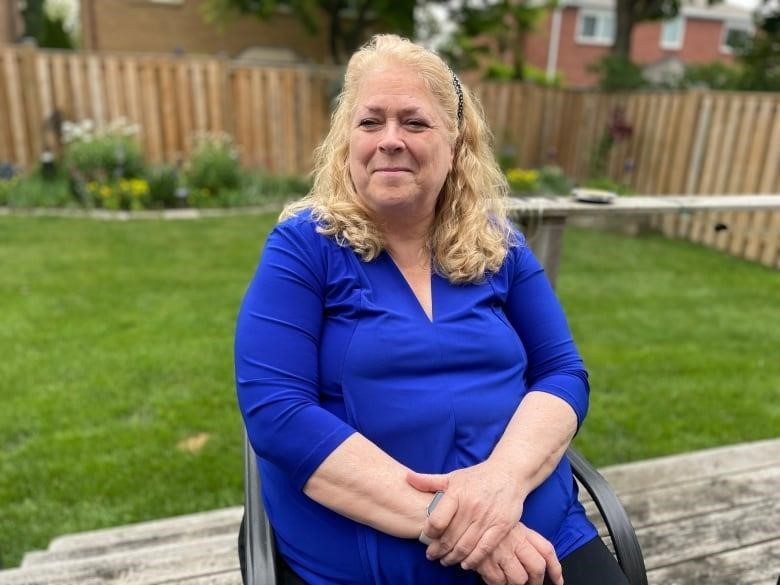
She said that she tells firefighters that it’s okay to feel how they feel instead of pushing them away.
She said, “My thing is that it’s OK to not be OK; it’s OK to have feelings.”
As Canada deals with its worst wildfire season ever, crew leaders and managers of firefighting companies are on the lookout for signs of mental health problems.
“We’ve been through what we usually go through in a year in just two months,” said Andrew Cardinal, the business manager for the Saddle Lake Smoke Eaters, an Indigenous-owned wildfire fighting company about two hours northeast of Edmonton.
Cardinal said that the Smoke Eaters usually get to work after the long weekend in May, but this year they started in April.
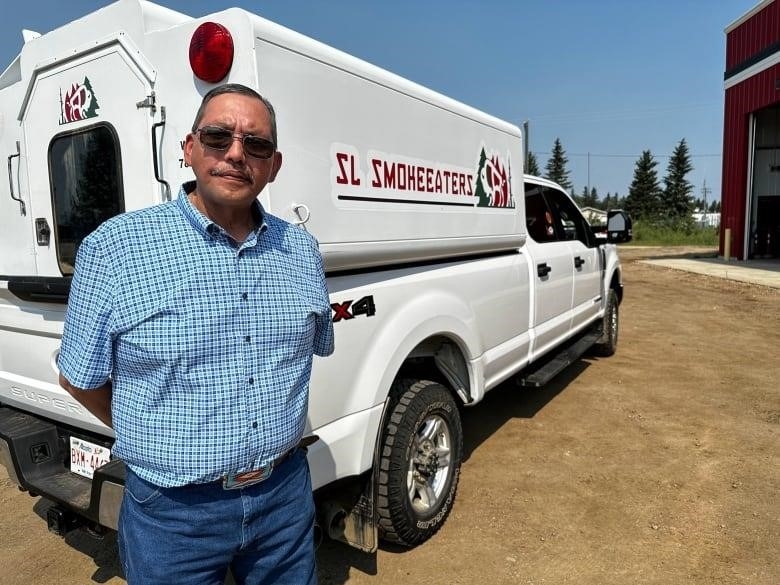
Experts say that climate change is making it warmer and drier, which makes wildfire seasons last longer. That means firefighters will have to spend more time in faraway places, away from their families.
Cardinal said that his workers can get help from older people in the community and from programs farther away.
Since office workers can also work stressful 14-hour days, his company is also planning a full-day training session on mental health for them.
Harold Cardinal, who works for the Smoke Eaters and has been fighting fires since he was 17, said that after an all-terrain vehicle accident two years ago, he went to see a counselor.
“It gets better the more you talk about it with someone,” he said.
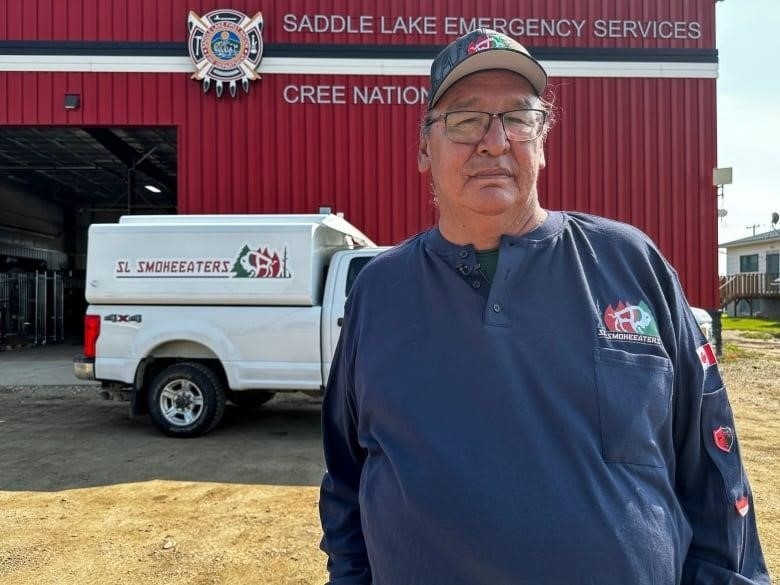
Danny Clarke, a wildland firefighter who works for Fire Wise Forest Solutions in southern Alberta, said that when fatigue sets in around the eighth day of a 14-day tour, crew members try to help each other.
“When we’re out here, we all make connections with each other, and we’re pretty much like a family,” he said.
Changes in culture and more days of
Provincial wildfire agencies in British Columbia and Alberta have increased mental health services. They now offer peer support programs, phone counseling 24 hours a day, 7 days a week, and specialized training on how to be resilient.
The chair of occupational health at the University of Alberta’s department of medicine, Nicola Cherry, has done research that shows peer support and debriefing can be helpful.
She followed a group of firefighters who were sent to Fort McMurray in 2016 and found that those who worked for fire services that offered these supports had less anxiety and depression than those who did not.
“Now that we know they work and are helpful, there should be a way to call on them,” she said.
Steve Lemon said that the BC Wildfire Service is giving firefighters more days off between tours to help prevent long-term fatigue. The service is also working with the University of Northern British Columbia to find out how wildfires affect the mental health of people who work there.
Lemon said that recent efforts are helping. Last year, the counseling hotline got an average of 91 calls a month, which is less than the number of more disturbing calls it got in 2019.
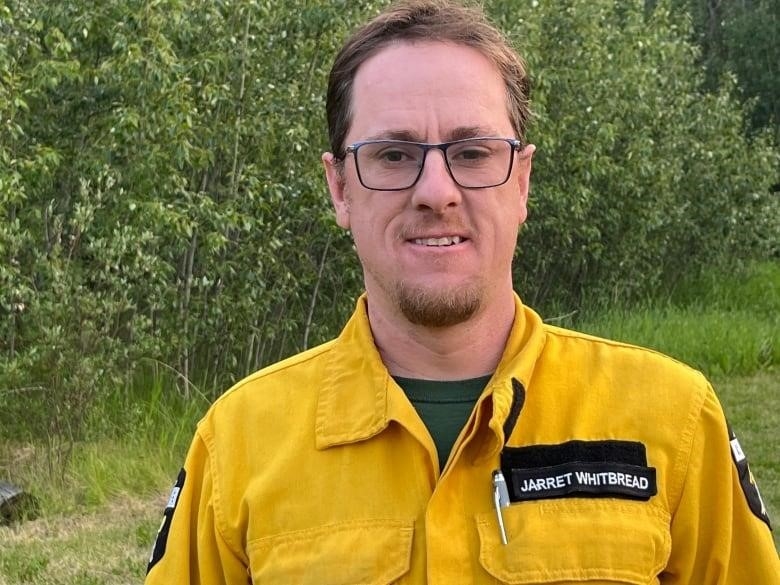
Jarret Whitbread, a wildfire management specialist with Alberta Wildfire, said he’s seeing progress in Alberta as well.
Whitbread said more people are now talking about mental health within fire crew, breaking down stigma that has surrounded it in the past.
“The No. 1 thing we can do is bring awareness to it,” he said.
If you or someone you know is struggling, here’s where to get help:
-
Talk Suicide Canada: 1-833-456-4566 (phone) | 45645 (text between 4 p.m. and midnight ET).
-
Kids Help Phone: 1-800-668-6868 (phone), live chat counselling on the website.
-
Canadian Association for Suicide Prevention: Find a 24-hour crisis centre.
-
This guide from the Centre for Addiction and Mental Health outlines how to talk about suicide with someone you’re worried about.
